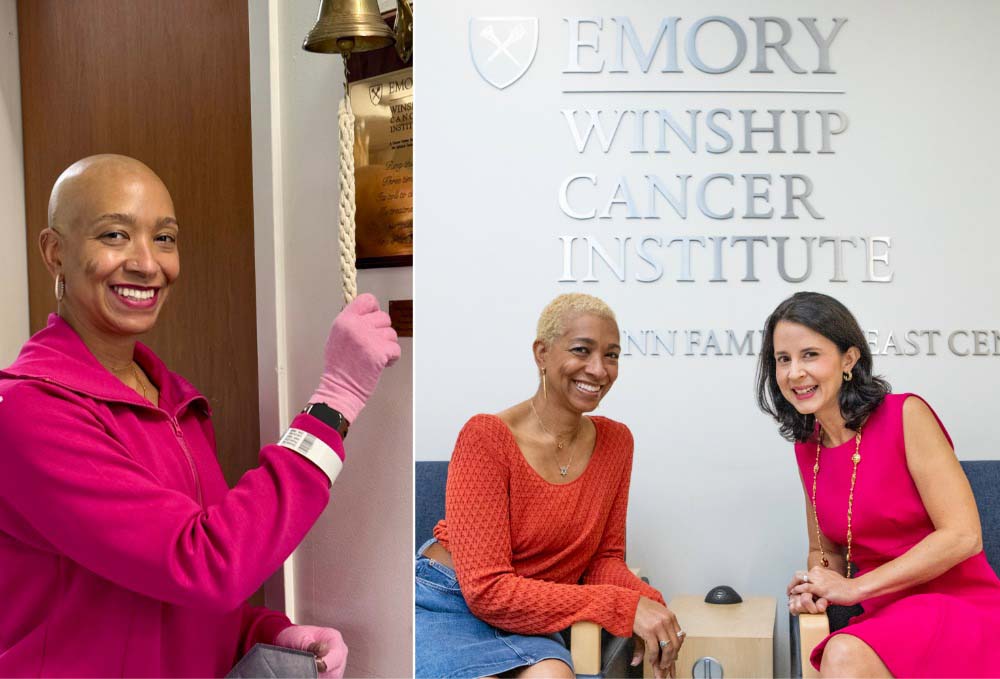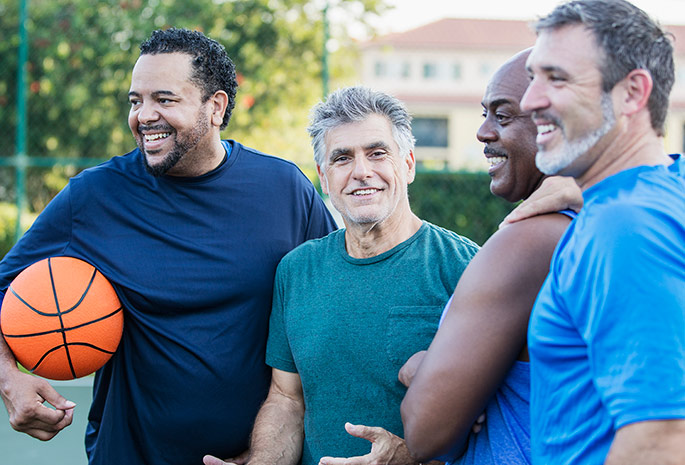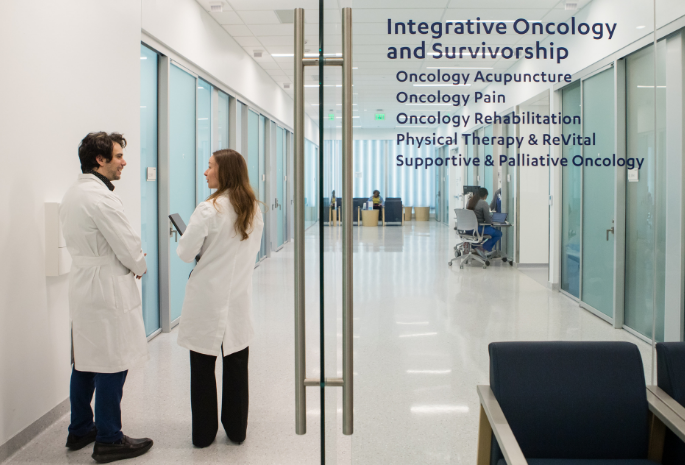Breast cancer wasn’t something Chrystal expected to face in her early 40s. With no family history, no symptoms and every reason to believe she was healthy, the diagnosis came as a surprise. But as a nurse practitioner, Chrystal understood the importance of routine screenings—and that knowledge made all the difference.
After a delayed first mammogram placed her in a high-risk category, Chrystal committed to regular follow-ups. Her vigilance paid off when a later scan revealed stage 1 breast cancer.
Timing was everything. Because her doctors caught the cancer early, her chances of successful treatment were much higher. Crystal turned to the experts at Winship Cancer Institute of Emory University, where she found the partnership and expertise she needed to navigate treatment and recovery.
Today, Chrystal is cancer-free and living life to the fullest. She’s passionate about encouraging others to prioritize breast cancer screening. For her, early detection changed everything.


 Feeling hopeful, Chrystal quickly began treatment. Her first step was a double mastectomy to remove both breasts. Her post-surgery results showed that all of the cancer had been removed.
Feeling hopeful, Chrystal quickly began treatment. Her first step was a double mastectomy to remove both breasts. Her post-surgery results showed that all of the cancer had been removed.  “Dr. Meisel is a phenomenal doctor, but she’s also a friend,” says Chrystal. “She knows how to listen so people feel heard. Now, we run into each other outside the clinic. Her care feels like it’s coming from my own family.”
“Dr. Meisel is a phenomenal doctor, but she’s also a friend,” says Chrystal. “She knows how to listen so people feel heard. Now, we run into each other outside the clinic. Her care feels like it’s coming from my own family.” Chrystal is a lifelong Falcons fan, and having her favorite team play into her breast cancer journey was an unexpected twist. She was recently recognized at a Falcons game celebrating breast cancer survivorship and bringing awareness to screening.
Chrystal is a lifelong Falcons fan, and having her favorite team play into her breast cancer journey was an unexpected twist. She was recently recognized at a Falcons game celebrating breast cancer survivorship and bringing awareness to screening.

